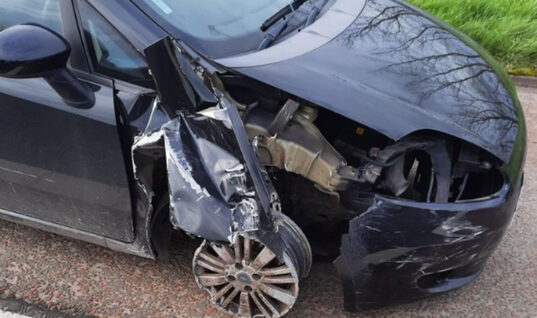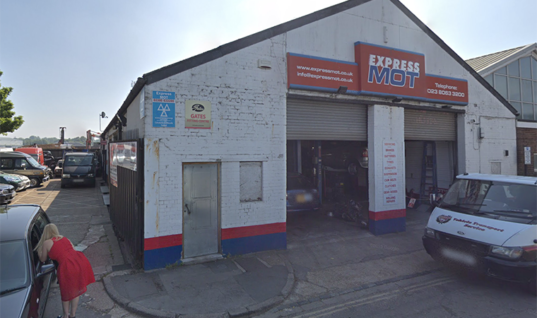From July 1 2018 it will be illegal for a member of the public to purchase a motorcycle battery that is supplied with a separate acid pack without holding an explosives precursors and poisons (EPP) licence, GS Yuasa reports.
Sulphuric acid has been reclassified as a regulated substance.
From July 1st 2018 members of the public wishing to acquire or purchase sulphuric acid in concentrations of more than 15 per cent will need a valid EPP licence.
Consumers can apply and receive a valid EPP licence, at a cost of £39.50.
From November 1st 2018 it will become an offence to possess or use sulphuric acid at concentrations of over 15 per cent, without a valid EPP licence.
This includes bottles of battery electrolyte that have not yet been put into a motorcycle battery.
A GS Yuasa spokesperson said: “It is commonplace for motorcycle batteries to be supplied with a separate acid pack ready for filling and activation.
“Over 75 per cent of Yuasa and GS motorcycle batteries sold are supplied as a combi-pack and will be regulated by the new legislation, so it will have far reaching effects for retailers both in-store and online.”
GS Yuasa believe it is unlikely that consumers will apply for an EPP licence to buy a motorcycle battery and are advising retailers to fill any motorcycle batteries before sale to a member of the public who does not hold a valid EPP licence.
Distributors and dealers
Distributors and dealers will not need an EPP licence providing they are acquiring, importing, possessing or using sulphuric acid for purposes connected with their trade or business.
All businesses have an obligation to report suspicious transactions, disappearances and thefts of sulphuric acid.
Retailers selling unfilled batteries with separate acid packs to members of the public with an EPP licence will have a responsibility to follow a comprehensive procedure to inspect and record the transaction on the customer’s EPP licence.
The penalties for possession without an EPP licence or supplying restricted substances without verifying that the member of public has a valid EPP licence can be a custodial sentence of two years and a large fine.
Failure to enter transaction details onto the EPP licence or not attaching a warning label has a maximum fine of £500.
Failure to meet the reporting requirements can attract a fine or custodial sentence of up to three months.
For further information about GS Yuasa, select ‘more details’ below.







